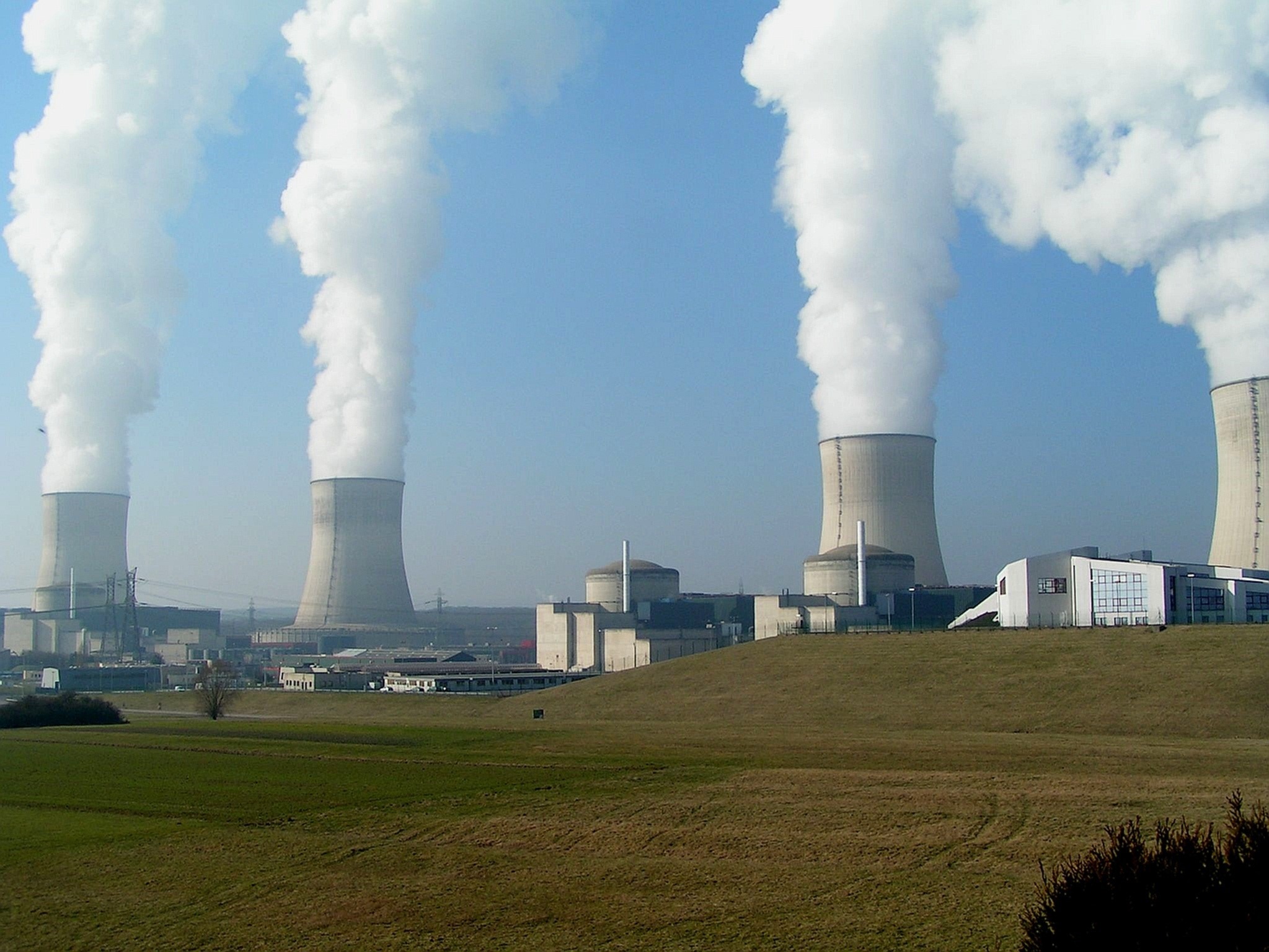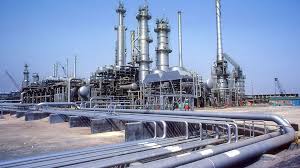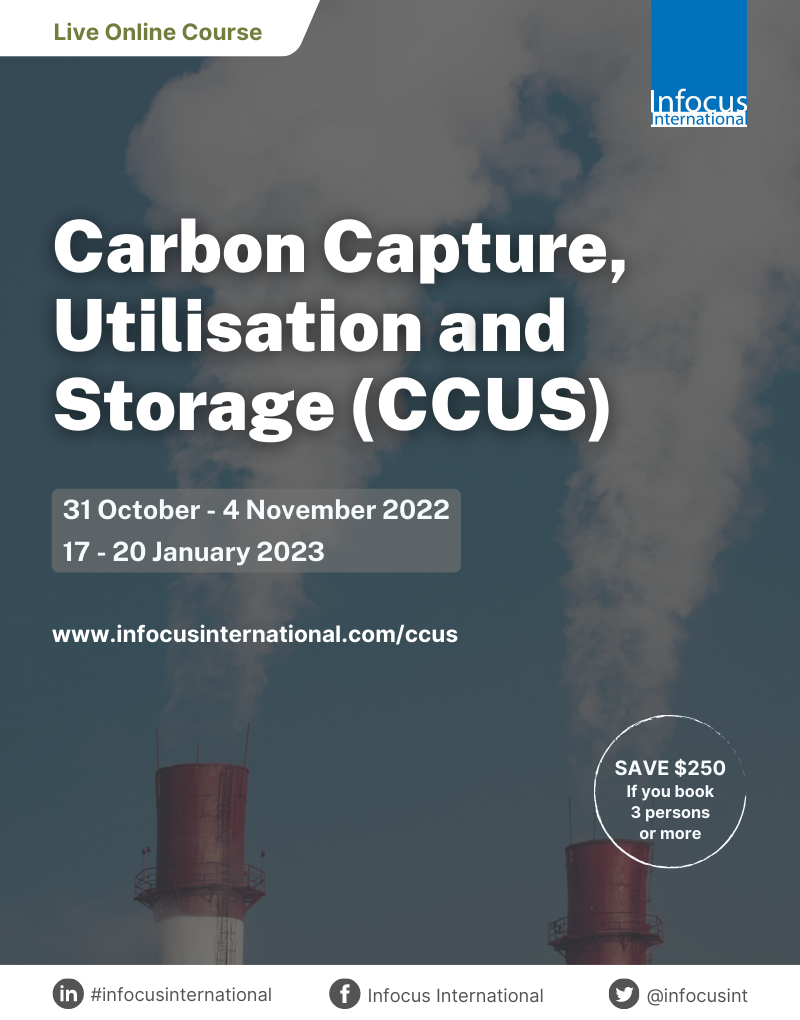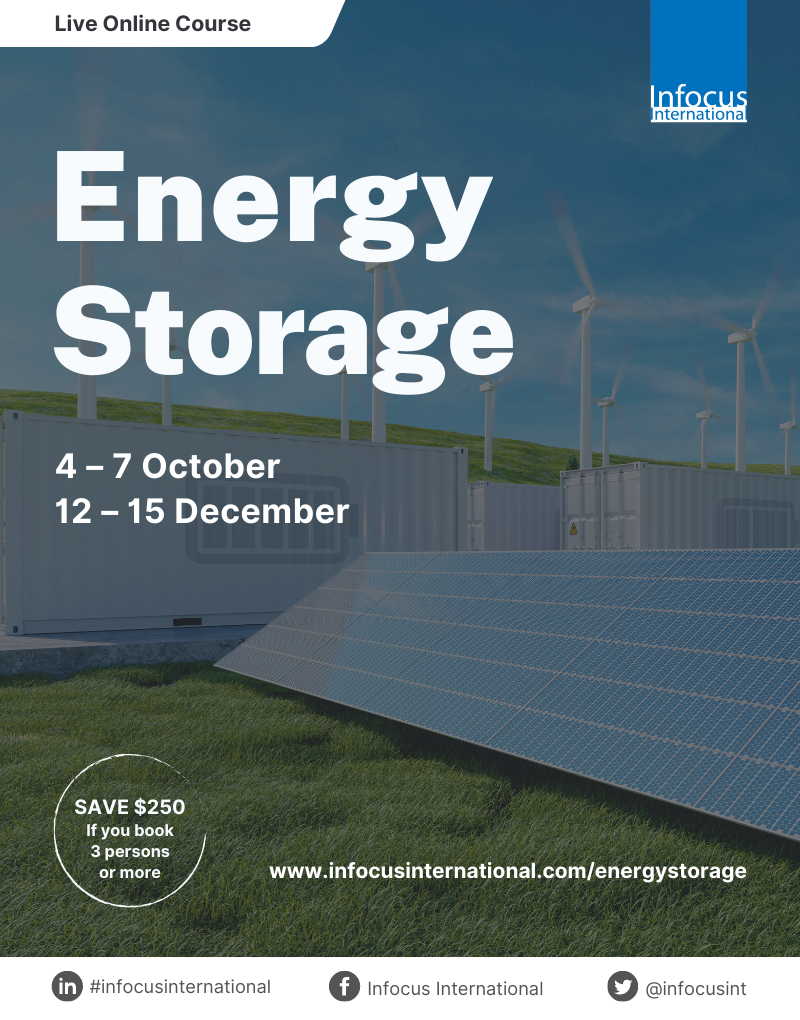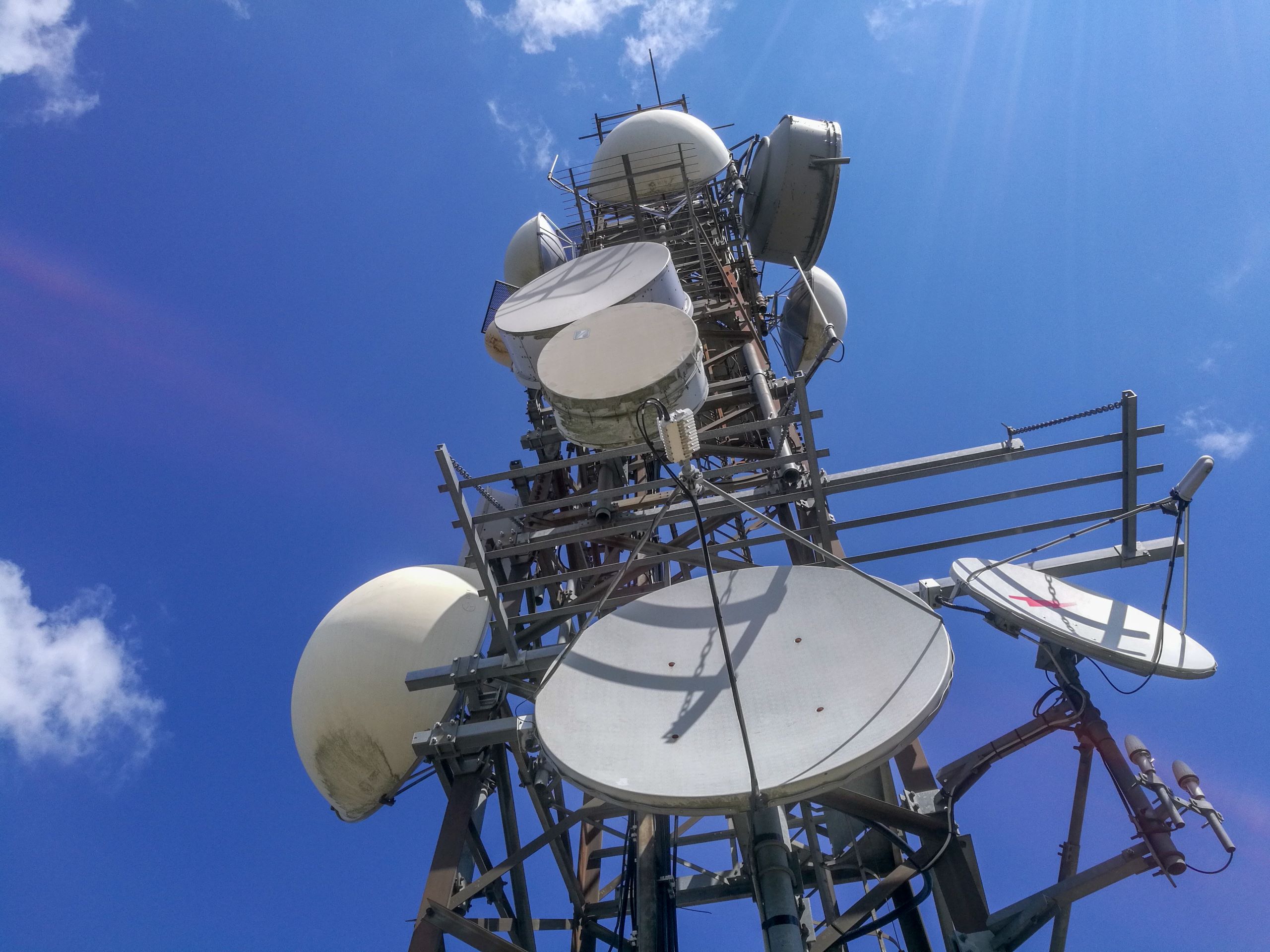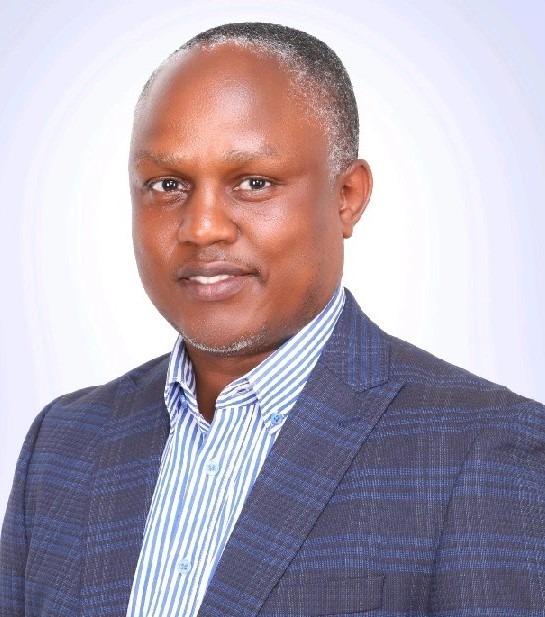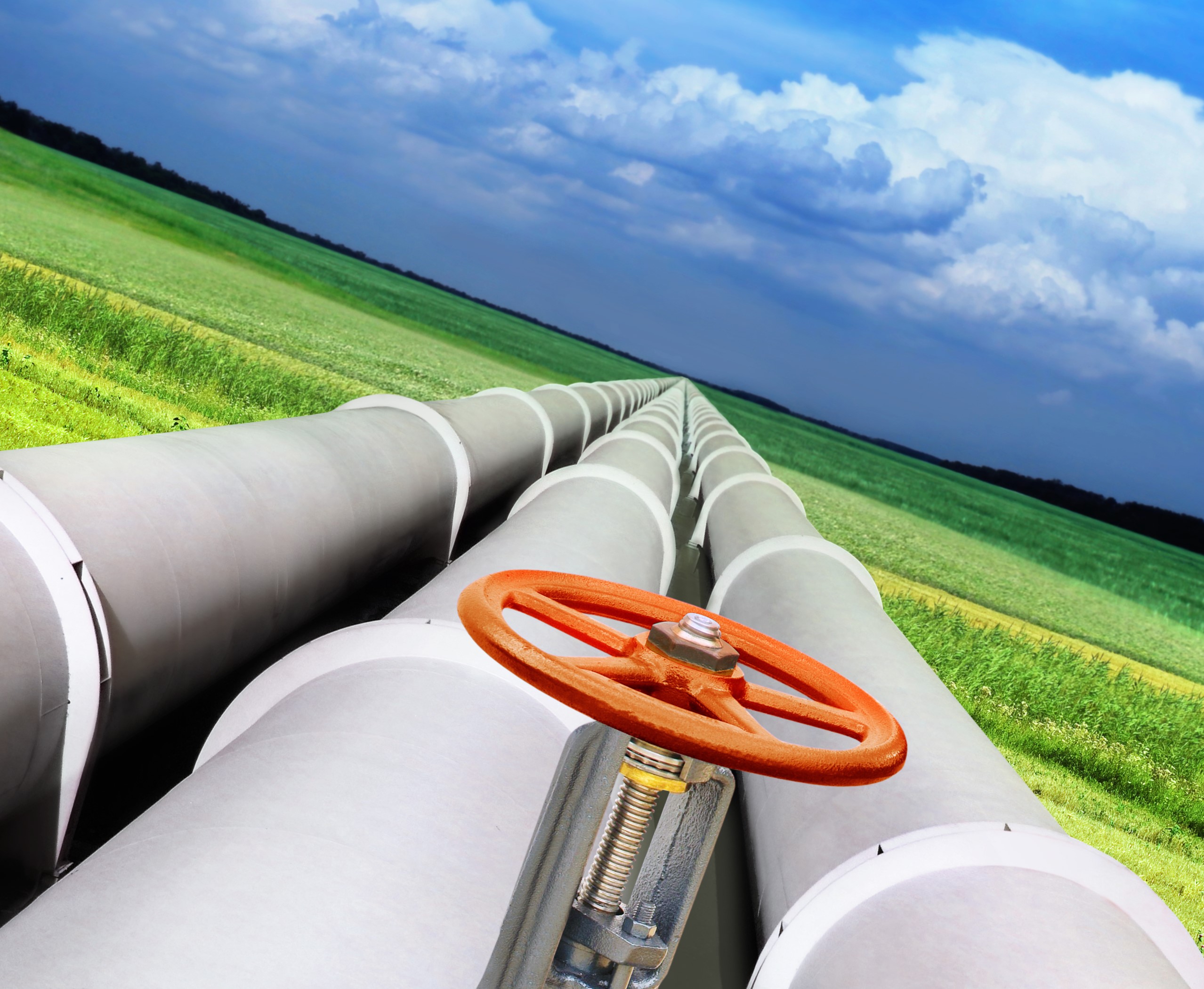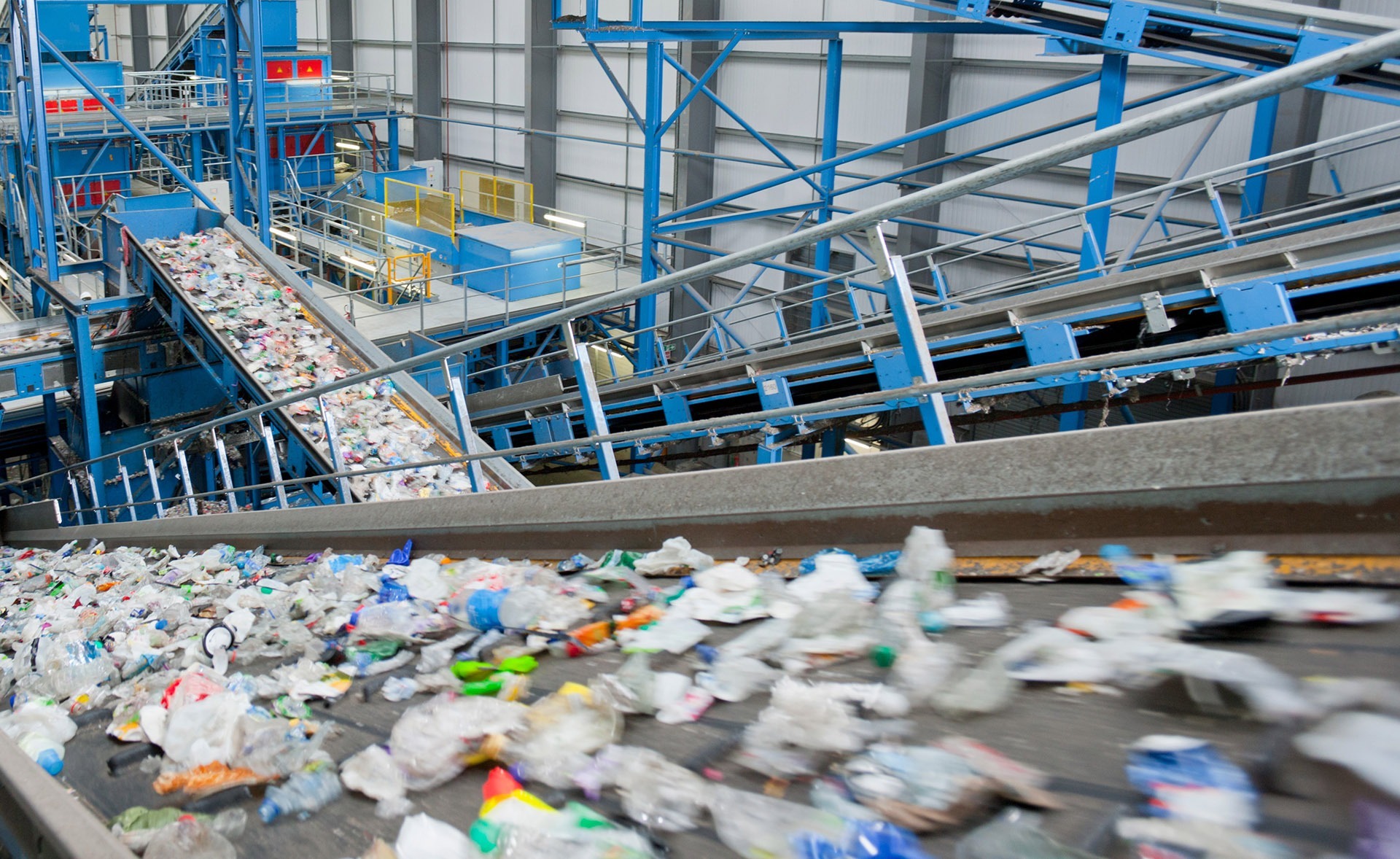Africa has become a centre of focus for various power interests around the world. In the last five years, China, Japan, the European Union, the United States of America- and most recently Russia, have each convened high level summits and conferences attracting African heads of state and government, to court them to do business.
While China is coming to Africa- to seek Africa’s hand in partnership- using infrastructure like roads and highways, hydropower dams, airports, sports stadiums, government office buildings, etc, Russia is coming (back) – this time with a smattering of goodies. The most unique of these, that none of the other courtiers has categorically made before- is nuclear energy and technology.
While a variety of ware was on Russia’s exhibition table at the just ended Sochi Russo-Africa summit – including arms, railways, ICT technologies- nuclear energy and technology was within the radars of a number of African leaders.
Over the past few years, Russia has been promoting the idea of nuclear energy and technologies around Africa, through its government owned nuclear power corporation, Rosatom. And by the look of things, Africa is all ears, and is listening up.
Alexiy Likhachev, the CEO of Rosatom recently told the media that already 18 African countries have signed intergovernmental agreements with his company to explore the possibilities of development and construction of nuclear power plants for non-military uses.
These countries include Uganda, Kenya, Tanzania, Rwanda, Ghana, Egypt, South Africa, Malawi, Zambia, the Democratic Republic of Congo and Ethiopia. The others are Morocco, Niger, Nigeria, Sudan, Tunisia, Namibia and Algeria.
Rosatom says on their website that currently they have 36 orders for nuclear power plants, globally.
In the sub-Sahara Africa, so far, only South Africa has an operational nuclear power plant that generates 1,800MW of electricity. The regional economic giant is now seeking to expand its nuclear energy capacity to achieve 9,600MW of electricity. Egypt is in advanced stages of starting construction of a US$29 billion nuclear power plant, expected to start in 2020. Once completed, it is anticipated to generate 4,800MW of electricity, with the first reactor projected to go into operation in 2026.
Different African countries are at different levels of engagement with the Russians.
A pro-Russian government English language newspaper, The Moscow Times recently reported that the Government of Uganda (represented by Irene Muloni, Minister for Energy & Mineral Development) signed an intergovernmental agreement with Rosatom in Vienna, Austria, mid-September. Vienna is the headquarters of the International Atomic Energy Agency (IAEA)- the UN body that regulates development of atomic technologies.
Under the agreement, Rosatom will work with the Ministry of Energy & Mineral Development to develop and construct nuclear power stations with capacity to generate 2,000MW of electricity. To put this in perspective, Uganda’s current total electricity generation stands at about 1,100MW, when Karuma power dam comes on board in 2020, this will grow to 1,700MW.
Rosatom will also build a centre for nuclear science & technology/research and development in the country, and train Ugandans in the technologies. Besides electricity, other uses that the government anticipates from the nuclear installation include industrial, healthcare and agriculture.
The Moscow Times quoted Nikolai Spasskiy, the deputy director general of Rosatom as saying Uganda has Uranium deposit, although the quantity is not yet known. Nuclear energy is produced from Uranium -235 as fuel.
Sarah Nafuna Mudoko, the head of nuclear energy in the Ministry of Energy & Mineral development told The Infrastructure Magazine in an interview last year that the country has set its sights in generating nuclear power by 2031. She said the country was in advanced stages of preparation.
A nuclear energy engineer in the Ministry of Energy & Mineral Development, Sabbiti Baguma, also told this Magazine at the time that government has finalised studies to identify the right sites to locate the nuclear plants.
“The ideal areas to host these plants should be free from hazards like floods, prolonged droughts and bombs… which can damage the power plants. We have zeroed in on a number of districts which have been verified to have sufficient water sources that will support the power plants,” he said.
The Infrastructure Magazine understands that the districts of Mubende, Buyende, Lamwo, Nakasongola and Kiruhura have been identified to host the five nuclear plants.
A procedure infograph on Rosatom website shows that production of nuclear energy is a three phase process. First the fuel (Uranium) is heated to emit nuclear energy. This energy is then converted to (steam) mechanical energy which in turn is converted into electric power. The technology involved is small in mass and doesn’t occupy a lot of space, although it is expensive to set up. The technology to do these processes is what is called the nuclear power plant (NPP).
Observers say that the nuclear energy option is currently attractive to many African countries for a number of reasons. Firstly, many countries on the continent have enjoyed stability and economic growth over the past two decades. As such, a number of them are on the drive to industrialise. And yet, their electricity production levels remain low.
According to the Africa Energy Report 2014, all the 48 sub Saharan African countries (excluding the Arab north) put together, produce only 83GW of electricity- equivalent to what Spain, a small economy by European standards, alone produces. Moreover, of this, South Africa alone, produces about 50GW- more than half the total sub-Sahara Africa production volume.
To industrialise, countries need fairly big amounts of electricity. According to the African Development Bank, access to electricity by the two thirds of the African population that currently have none, would boost growth of the GDP by 4 per cent, every year. Nuclear energy promises that chunk of power needed by many countries.
Nuclear power also seems to be a recourse in a world that is intensively becoming sensitive to global warming and climate change. It is cleaner and renewable unlike fossil (oil and gas) that continuously requires to be fed with fuel, and moreover in the end produces a lot of carbons that affect the environment.
The other advantage is that nuclear installations are smaller in mass, occupy relatively smaller space (compared to hydropower dams, for example). Because of this they can be located near centres where power is required (and can be relocated), thereby cutting down on the need for investment in power grids. This is appropriate for many African countries that have very low electricity grid network coverage. Moreover, nuclear plants produce huge amounts of power, compared to other sources.
Critics of the Russian nuclear power overtures to Africa, however, say that the technology is too expensive and will drain the countries’ scarce resources. It is estimated that a small nuclear power plant that produces at least 1,000MW of electricity costs at least US$10 billion- which is out of the reach of many African countries, or if they find the money to invest in it, they would not be good value for money as those countries would have to forego other critical services. Yet they could get some electricity for far less that amount. For example, the cost of Karuma power dam, Uganda’s biggest ever, is estimated at only US$ 2.2billion.
The other criticism is that the nuclear option will pump up too much electricity than most African countries can distribute, uptake and consume. Many countries would therefore lock up their capital by investing a lot of money to produce too much power that would be redundant.
Critics also say that African countries don’t have the human capital and sufficient legal& policy frameworks to manage nuclear technologies. Wide spread use of nuclear power plants could expose the world to proliferation of nuclear technologies, let alone expose the countries to disasters like the world saw in the cases of Chernobyl (Ukraine) in 1986 and Fukushima (Japan) in 2011. In fact, because of these experiences, some developed countries that had advanced nuclear technologies, like Germany, are shutting down their nuclear facilities, to avoid exposure to large scale nuclear contamination.
However, speaking at a panel during the Sochi Summit, Alexiy Likhachev, said that Russia’s offer to many African countries is to develop, construct and operate. This means that Russia will take care of the cost of putting up the facilities, provide the technology and personnel to run them, as long as the host countries undertake to buy and consume the electricity that will be generated.
This story has been re-edited slightly for clarity




